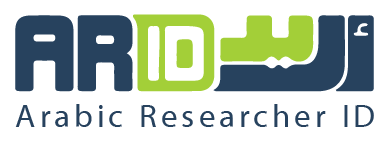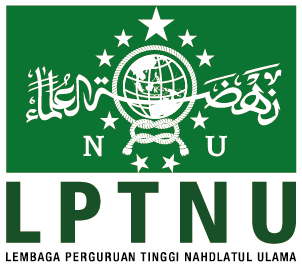Management of the Education Unit Level Curriculum (Ktsp) in the Arabic Language Sector
DOI:
https://doi.org/10.55210/t86ahn29Keywords:
KTSP, Advantages, DisadvantagesAbstract
Arabic is a compulsory subject in madrasas at both Madrasah Ibtidaiyah, Madrasah Tsanawiyah and Madrasah Aliyah levels. So to achieve maximum Arabic language learning, an appropriate Arabic language learning curriculum is needed. And one aspect that can influence the success of the curriculum is empowerment in the field of management or curriculum management in the educational institution concerned. Curriculum management at the educational unit or school level needs to be coordinated by the leadership of the institution which is developed integrally, namely combining spirituality, attitudes and knowledge in the Curriculum Level. Education Unit (KTSP) and adjusted to the vision and mission of the education concerned. The implementation of the Education Unit Level Curriculum (KTSP) will be of added value for school or madrasa principals, school committees, supervisors, related agencies and teachers to be able to discuss to formulate an Arabic language curriculum that suits the needs of the institution, environment and can create a learning atmosphere in the learning process which is fun for students and ultimately students can develop themselves optimally according to their talents and interests. The weakness of implementing the Education Unit Level Curriculum (KTSP) is that most of the teaching staff or teachers are not yet accustomed to developing learning curriculum models, especially in Arabic. Remembering that previously they only had experience implementing the curriculum instantly. Also, the different abilities of teachers make the implementation of the Education Unit Level Curriculum (KTSP) less than optimal.
Downloads
Published
Issue
Section
License
Copyright (c) 2023 Ahmad Zainullah, Moch. Yunus, zainab zainab (Author)

This work is licensed under a Creative Commons Attribution 4.0 International License.








